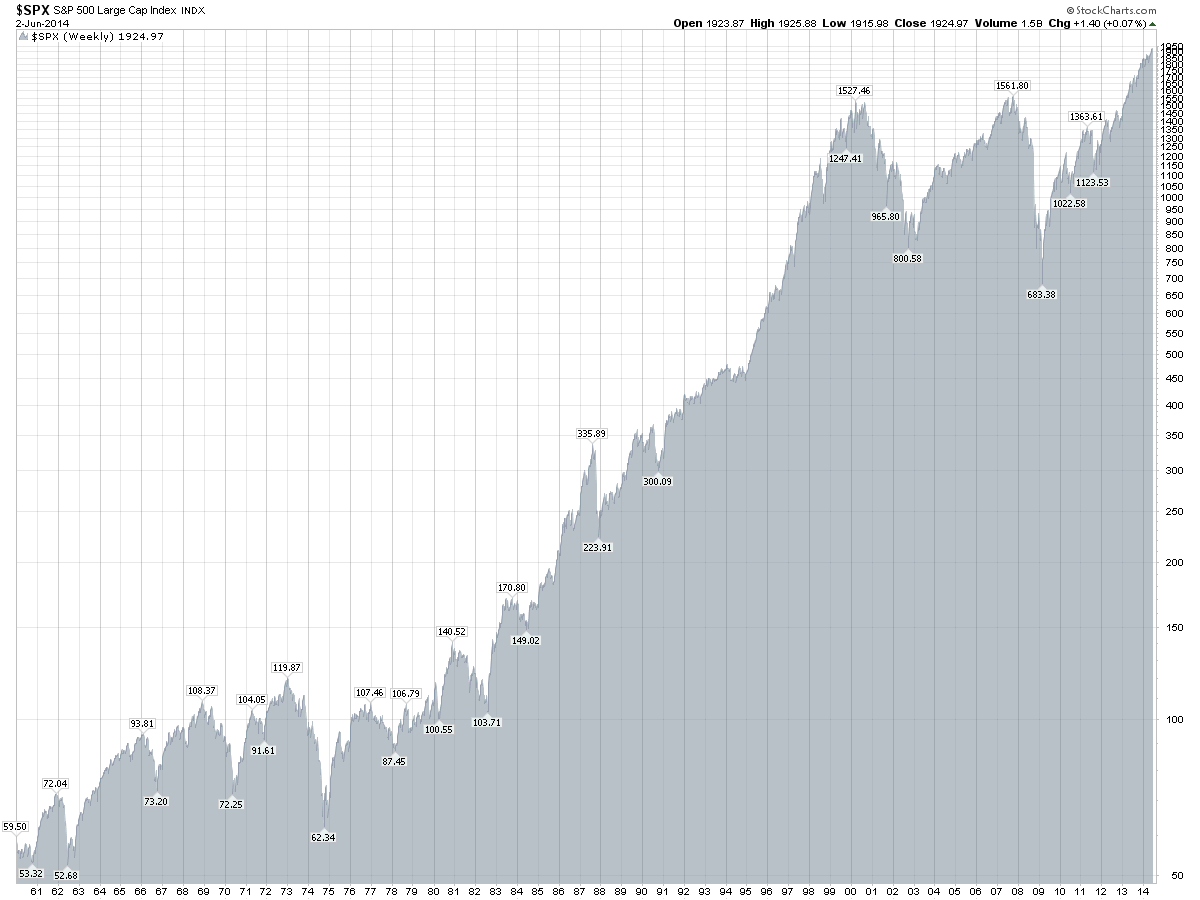younginvestor2013
Recycles dryer sheets
- Joined
- Feb 6, 2013
- Messages
- 226
Hello everyone...I am new to these forums (have been lurking somewhat) and would like to solicit your advice. Thanks in advance for your advice!
I inherited about $225,000 which is currently invested with a financial advisor. I also have about $35,000 in retirement accounts. I am in my mid 20s and currently save about $10,000 a year into a roth 401K.
I have recently decided to "get rid of" my financial advisor, primarily for 4 reasons 1) I consider myself financially intelligent (primarily due to my job) 2) He is just investing in mutual funds which I can do on my own 3) he charges about $300-400 a quarter which eats away at my returns 4) the expense ratios on the funds he chooses aren't exactly cheap, at about 0.60-0.80%.
I think if I manage the money on my own, I can save on lower expense ratios and asset management fees ($1200/year), while also having more control over my money.
The current allocation of my funds is as follows (which I think is too conservative):
Bonds 25%
Cash 8%
Equity 14%
Non US Stocks 16%
Other 1%
Real Estate 4%
US Stocks 32%
My plan is to diversify using Vanguard ETFs (most funds are under 0.20% expense ratio), as follows:
Large Cap US Equity 50%
Mid Cap US Equity 10%
Small Cap US Equity 10%
Foreign Equity (devl & emerg) 30%
My main concern is how and when I should invest these funds when I receive them.
1) Do you recommend just buying in all in one day? Or do you recommend dollar cost averaging over 6 months to a year time span? If the asset manager would have the same allocations as I plan to have (compare above), then I would essentially just be selling and buying in at the same price. Since there is a small difference in our allocations, this is not the case. Do you have any comments on this?
2) What are your thoughts on my plan
3) What are your thoughts on my allocations and intentions to use ETFs? I hear they are more tax efficient and also (generally) have lowest expense ratios.
I am primarily looking to hold long term, except for money for a house downpayment which I may use in 1-3 years.
Early retirement would be nice - all depends on my career trajectory, savings, and investment performance.
Thanks in advance and sorry for the long post!
I inherited about $225,000 which is currently invested with a financial advisor. I also have about $35,000 in retirement accounts. I am in my mid 20s and currently save about $10,000 a year into a roth 401K.
I have recently decided to "get rid of" my financial advisor, primarily for 4 reasons 1) I consider myself financially intelligent (primarily due to my job) 2) He is just investing in mutual funds which I can do on my own 3) he charges about $300-400 a quarter which eats away at my returns 4) the expense ratios on the funds he chooses aren't exactly cheap, at about 0.60-0.80%.
I think if I manage the money on my own, I can save on lower expense ratios and asset management fees ($1200/year), while also having more control over my money.
The current allocation of my funds is as follows (which I think is too conservative):
Bonds 25%
Cash 8%
Equity 14%
Non US Stocks 16%
Other 1%
Real Estate 4%
US Stocks 32%
My plan is to diversify using Vanguard ETFs (most funds are under 0.20% expense ratio), as follows:
Large Cap US Equity 50%
Mid Cap US Equity 10%
Small Cap US Equity 10%
Foreign Equity (devl & emerg) 30%
My main concern is how and when I should invest these funds when I receive them.
1) Do you recommend just buying in all in one day? Or do you recommend dollar cost averaging over 6 months to a year time span? If the asset manager would have the same allocations as I plan to have (compare above), then I would essentially just be selling and buying in at the same price. Since there is a small difference in our allocations, this is not the case. Do you have any comments on this?
2) What are your thoughts on my plan
3) What are your thoughts on my allocations and intentions to use ETFs? I hear they are more tax efficient and also (generally) have lowest expense ratios.
I am primarily looking to hold long term, except for money for a house downpayment which I may use in 1-3 years.
Early retirement would be nice - all depends on my career trajectory, savings, and investment performance.
Thanks in advance and sorry for the long post!


